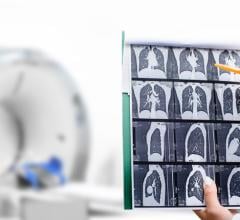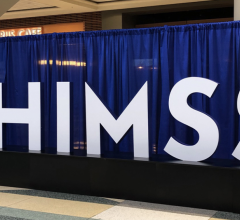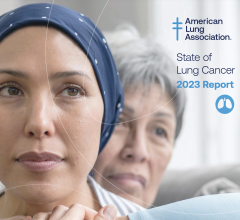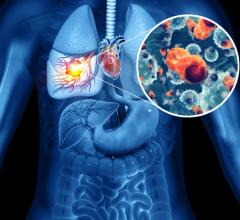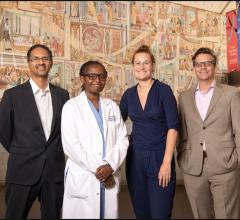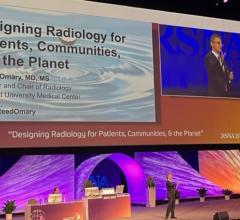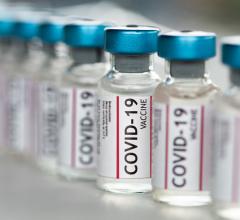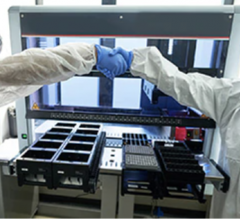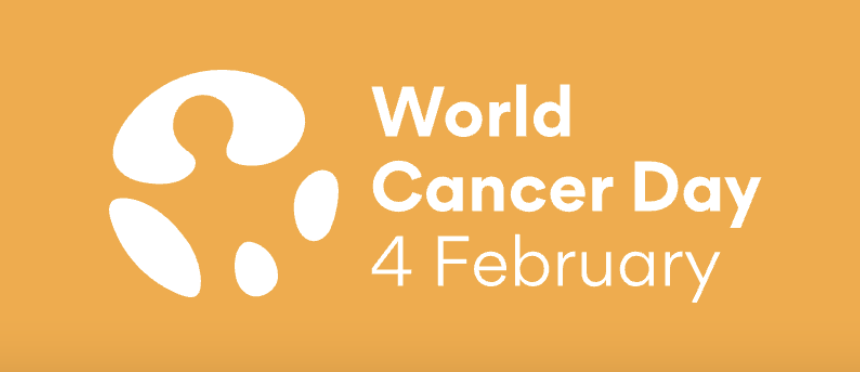
World Cancer Day, a global initiative led by the Union for International Cancer Control (UICC), will take place on February 4, and marks the third and final year of its ‘Close the Care Gap’ promoting health equity.
January 18, 2024 — World Cancer Day, a global initiative led by the Union for International Cancer Control (UICC), will take place on February 4, and marks the third and final year of its ‘Close the Care Gap’ promoting health equity. This campaign engages individuals, organizations and governments to reduce the numerous disparities that exist in health care delivery and the barriers many people encounter in accessing essential cancer services, even when they are available, to receive needed care.
The following facts and figures were prepared by ITN in Q&A format with information from the UICC, which seeks to bring attention to the issue and urge healthcare colleagues to participate in a call to action addressing existing inequities in care. The organization reports it has 158 members and 58 partnering organizations across 172 countries.
Q: When and how was World Cancer Day established?
World Cancer Day was established by the Paris Charter adopted at the World Summit Against Cancer for the New Millennium in Paris on February 4, 2000. This Charter aimed at the promotion of research for curing as well as preventing cancer, improving services provided to patients, raising awareness among the general public, and mobilizing the global community against cancer. Its Charter established that February 4 would therefore be World Cancer Day, so that the Charter of Paris would remain in the hearts and minds of people around the world.
This global initiative unites millions around the globe every year to improve awareness and knowledge of cancer risks and actions to better prevent, detect and treat the disease. The day aims to save millions of lives each year through education, raising awareness and by pressing governments and individuals across the world to take action, notes UICC, which reports that it has become one of the most celebrated health awareness days around the world.
Q: What is the UICC Call to Action for World Cancer Day?
The Union for International Cancer Control (UICC) encourages everyone to ask their governments to improve health equity, to make it easier for all populations to enjoy affordable and accessible cancer services, and to reduce disparities in cancer incidence and mortality. The organization encourages members of the healthcare community to add their voices to the UICC Call to Action, and offers this wording: “We call on governments around the world to promote health equity, enhance cancer service accessibility, reduce disparities in cancer incidence and mortality, to finally close the care gap” to help interested participants draw attention and take action toward greater care and better outcomes for all impacted.
Key actions that governments can take, according to UICC, include:
- Increase funding for cancer research
- Develop a population-based cancer registry
- Implement an effective national cancer strategy
- Take measurable action towards universal health coverage
- Improve education around cancer
- Strictly regulate the production, sales and marketing of tobacco, alcohol and other carcinogenic products
- Implement routine screening programs for common cancers
- Foster patient-centered care
- Address the systemic social determinants of health
Q: What led to the 2024 focus on closing the gap in cancer care?
According to UICC, half the world’s population lacks access to the full range of essential health services. The situation has only worsened with the COVID-19 pandemic, with more than half a billion people pushed or pushed further into extreme poverty due to health care costs. In its call to action, the organization and the World Cancer Day coordinators reinforced the importance of their mission: We live in a time of awe-inspiring advances that have seen the survival rates for many cancers skyrocket. In most countries around the world, however, many people are unable to effectively access adequate cancer care, even when the infrastructure and expertise exist. This “equity gap” is costing lives. While inequity is often measured in terms of the unequal distribution of health or resources, there are generally underlying and additional factors that contribute to this situation.
Q: When referencing the equity gap, what social determinants of health are involved?
Many social determinants of health are recognized by health care providers and populations worldwide: 1) income level, 2) education, 3) geographical location, 4) a country’s resources, 5) gender norms, 6) cultural contexts and biases, and 7) discrimination and assumptions based on ethnicity, race, gender, sexual orientation, age, disability and lifestyle. UICC notes that the most disadvantaged groups are also more likely to have increased exposures to a host of other risk factors, like tobacco, unhealthy diet or environmental hazards.
Q: What statistics are known about the impact of inequity in cancer care?
Ethnicity
- For white women in the United States, the five-year survival rate for cervical cancer is 71%. For black women, the rate is just 58%.
- In Canada, five-year survival rates for cervical cancer are at least 20% higher for non-indigenous women that for indigenous women
High-income vs low-income settings
- Childhood cancer survival rates are over 80% in high-income countries but as low as 20% in low-income countries.
- More than 90% of cervical cancer mortality occurs in low- and middle-income countries.
- Even in high-income countries, people living in rural areas have a more limited access to healthcare providers, must travel longer distances involving greater organization of their professional and family lives, as well as a lower representation in clinical trials.
Age
- Cancer kills nearly 10 million people a year and some 70% of those are aged 65 or older, yet older populations face disproportionate barriers to effective and personalized treatment.
Q: What is UICC?
Leading global action on cancer, the Union for International Cancer Control (UICC) is the largest and oldest international cancer organization dedicated to taking the lead in convening, capacity building and advocacy initiatives that unite the cancer community to reduce the global cancer burden, promote greater equity, and integrate cancer control into the world health and development agenda. UICC urges governments to promote health equity, improve cancer service access, and reduce disparities in incidence and mortality.
For more information, or to sign onto the UICC World Cancer Day Call to Action:


 June 27, 2024
June 27, 2024 
